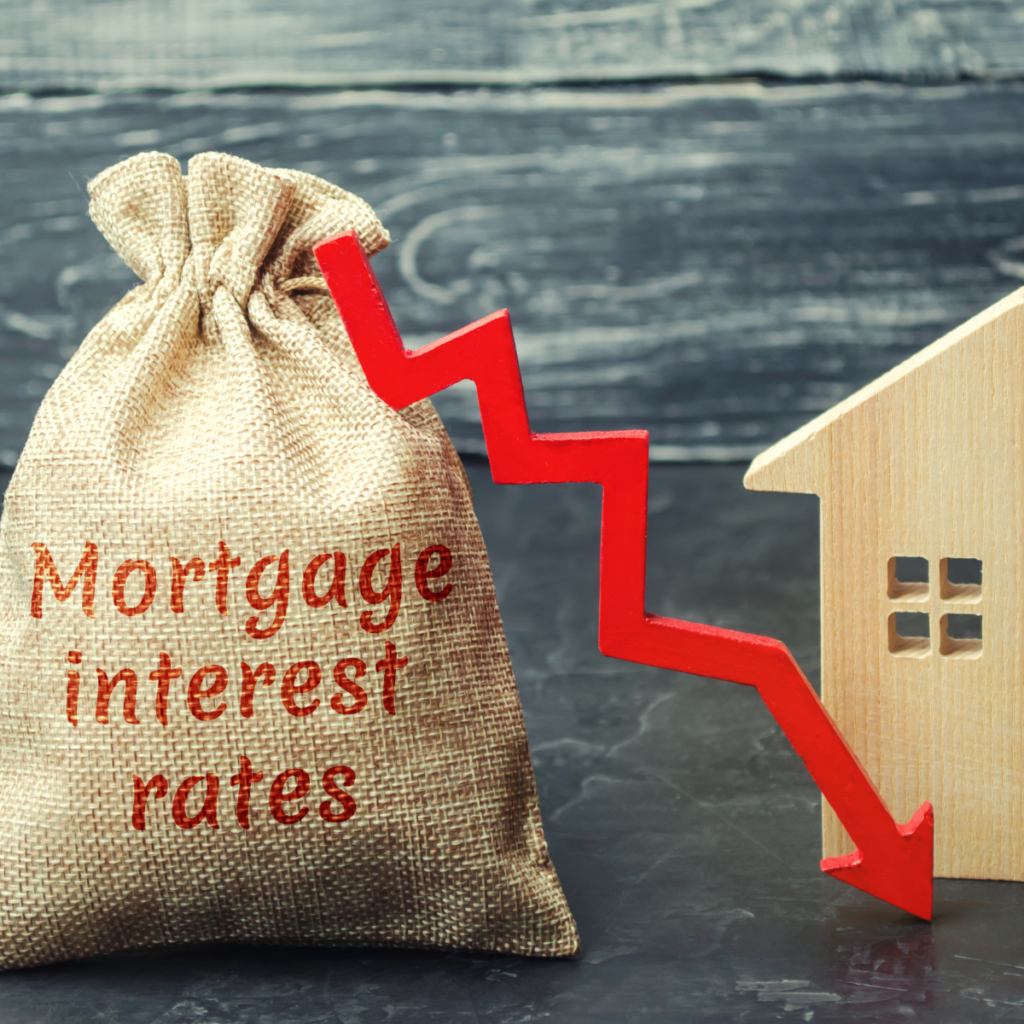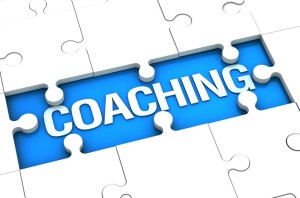
I just read an article today that stated the CMHC leader wants to raise the minimum down payment for insured mortgages to further ease the demand for homes. I feel that this would put the dream of homeownership even further away for most families. The tendency for people to borrow more than they can afford has been going on for hundreds of years, regulations that attempt to stop this behavior are not likely to meet with much success. I agree with the 10% requirement for more expensive homes (500K+) which will help first-time buyers to look at more affordable homes and not bite off more than they can chew. However, raising the bar for first time home buyers to need to save more than 5% for their first house will squeeze many young families out of the market, which MAY reduce prices but it could just as easily have NO effect on pricing – just like the most recent tax in BC on foreign buyers. The demand for homes is not going down, we have a growing population both locally and via immigration – especially in this case being that one of the many appeals of moving to Canada is the ability to have your own home for your family. Real estate markets can be affected by many factors, but at it’s core the issue of a home buyer taking on too much mortgage debt is a matter of financial education – someone taking on too much debt is caused by a lack of education around how debt is structured, obtained, and paid back. I feel that more study/work effort should be spent here rather that knee-jerk reactions such as raising the down payment requirement to attempt to legislate the behavior you want.
To your success,
Tim Reid









